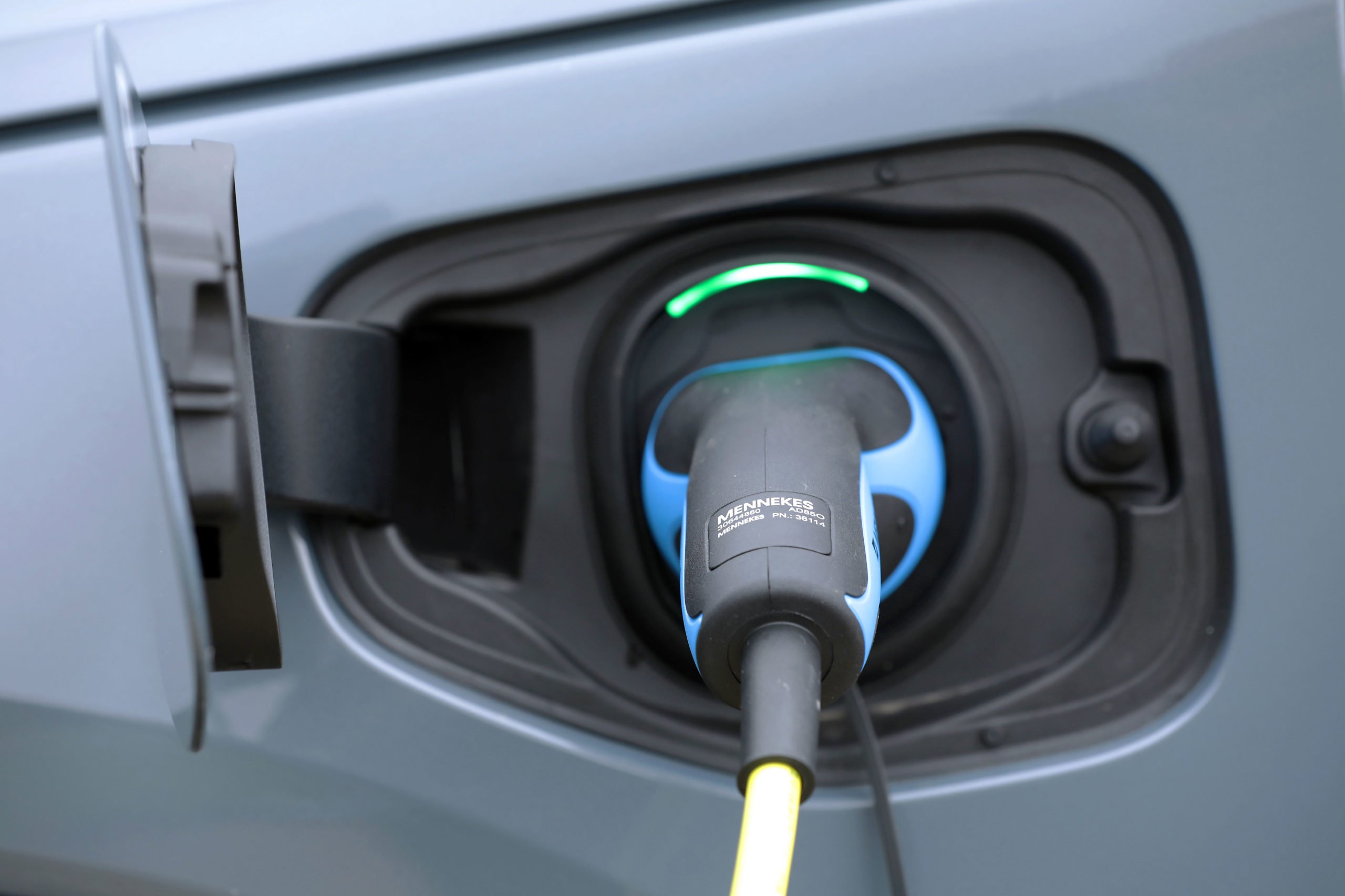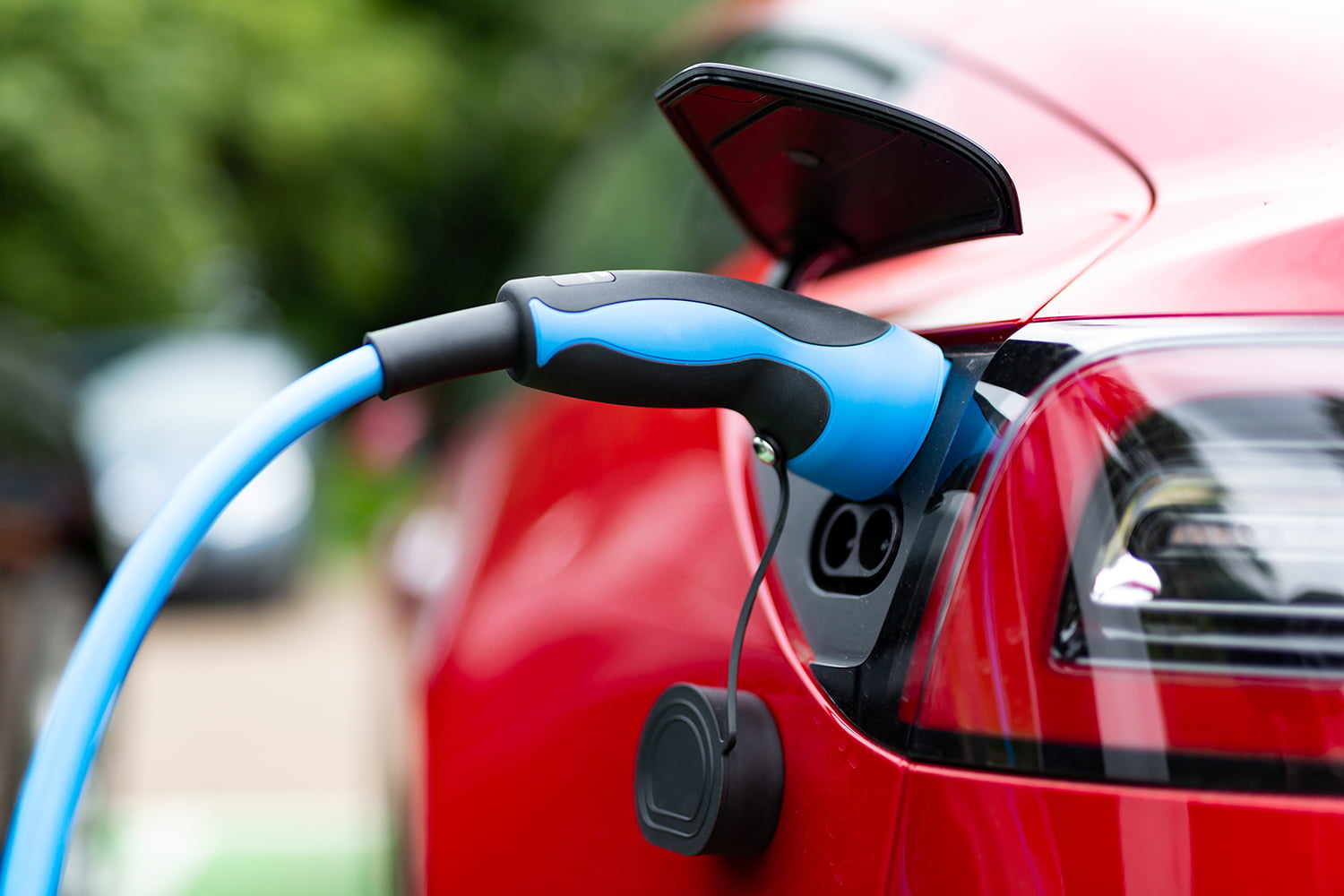- Automotive bodies join forces to promote fuel-efficient driving that could save motorists more than £6.8 billion a year.
- Simple changes to driving style could improve fuel efficiency by 20%, helping motorists achieve official EU mpg figures.
- Quentin Willson, motoring journalist, “Consumers aren’t taught how to save fuel and it’s time they were.”
The automotive industry has today begun its drive to help UK motorists save more than £6.8 billion each year through driving more efficiently. Six of the UK’s leading automotive bodies state that official European mpg (fuel efficiency) figures are within every driver’s reach just by adopting simple improvements to their driving style.
The average driver could make a 20% saving on their fuel bill, boosting their vehicle’s efficiency to equal, or even exceed, official mpg levels. Without affecting time or speed of travel, a series of simple driving tips could reduce vehicle emissions by a fifth and improve road safety.
“Motorists could save around 20% on fuel costs by making a few simple changes to the way they drive. We have rallied as an industry to communicate this message at all levels so motorists have the skills to save money and help the environment,” said Mike Baunton, SMMT Interim Chief Executive. “Official European mpg figures are a guide to how cars can perform, but the biggest factor in getting maximum mpg is the driver and that’s why we’re so keen to help drivers realise the benefits.”
The Society of Motor Manufacturers and Traders (SMMT), AA, British Vehicle Rental and Leasing Association, Guild of Motoring Writers, Institute of Advanced Motorists, Motor Codes, RAC and high-profile motoring media have rallied behind the win-win cause. Driving more efficiently could save the typical driver around £200 per year so, across the country, this adds up to savings of more than £6.8 billion annually. Today’s cars are around 23% more efficient than they were just 10 years ago, so motorists upgrading vehicles stand to save even more.
Helping motorists to achieve or surpass official mpg figures is an important part of the move by the industry. The potential difference between the EU laboratory test can be confusing and industry believes it is important continually to help and educate drivers.
Quentin Willson, motoring journalist said, “Everybody can make a dramatic difference to their mpg if they learn the simple craft of driving economically. Gentle pedal pressure, anticipation and watching the trip computer can improve economy by as much as 20%. Consumers aren’t taught how to save fuel and its time they were.”
Fuel-efficient driving tips
- Read the road
Anticipating the actions of other motorists and the road ahead can reduce harsh acceleration and braking, cutting down fuel use on every journey.
- Reduce drag
Simple fixes such as removing roof/cycle racks when not in use or keeping windows closed at high speed helps vehicles to remain streamlined.
- Keep tyres inflated
In the UK around 10 million cars typically have dangerously under-inflated tyres. Correct inflation would save one million tonnes of CO2 emissions and around £440 million in fuel costs per year.
- Remove excess weight
Removing unnecessary items from a vehicle is a cheap and easy way to reduce fuel consumption.
- Be energy smart
Only use air conditioning systems when necessary, opening windows at lower speeds can better for fuel efficiency.
- Consider a driving efficiency course
Making a 20% cut in your fuel bill could add pounds to your pocket, so investing in a driving efficiency course could pay for itself.
- Regularly service your car
Simple maintenance such as using manufacturer-approved oil, replacing air filters and checking wheel alignment can make an important difference to fuel consumption.
- Buy a newer vehicle
Today’s cars are around 23% more efficient than they were just 10 years ago, so motorists upgrading vehicles stand to save even more.
Quotes from industry bodies about fuel-efficient driving
- AA President, Edmund King
“At 43mpg, improving your car’s fuel efficiency by just one mile per gallon saves at least 3p a litre at the pump. With a saving of £1.55 from a small tank or more than £370 a year, how much more incentive does a driver need? Eco driving not only saves fuel but can save lives. All the techniques required to preserve fuel, such as sticking to sensible speeds, can also preserve life. A fuel efficient driver is a safer driver. The AA Trust offers free eco/safe driving courses to new drivers at risk.”
- British Vehicle Rental and Leasing Association (BVRLA) Chief Executive, Gerry Keaney
“UK companies operate some of the most fuel-efficient vehicles on our roads, but many of these cars and vans are not being used to their full carbon reduction potential due to the way they are driven. By encouraging staff to adopt a more efficient driving style, firms can cut carbon emissions and save on their fuel costs. It is a no-brainer.”
- Guild of Motoring Writers Chairman, Richard Aucock
“Motoring journalists are all too aware that readers are very concerned with the fuel efficiency of vehicles, and show great interest in features offering guidance on how to improve fuel economy. Such professionals are well placed to help explain to readers what steps to take in order to get more miles per gallon, and I feel sure this new initiative by the SMMT is just what’s needed to coordinate industry efforts in helping motorists save cash.”
- Institute of Advanced Motorists (IAM) Director of Policy, Neil Greig
“The official mpg figures are developed in scientific conditions, so matching them to the real world is difficult. But they are very useful when you are choosing your next car. Eco driving works and we would urge all drivers to give it a try – it will save your money. A light right foot is the key to saving fuel.”
- Motor Codes Managing Director, Chris Mason
“There is often a barrage of information to be faced when buying or servicing a car and it’s important to remember to take time to digest what you’re being told. If you’re uncertain, don’t feel awkward about asking – it’s what dealers and responsible garage owners are there for. If you’d like to talk things through with an independent expert, give the Motor Codes advice line a call on 0800 692 0825.”
- RAC Technical Director, David Bizley
“The best tip for fuel-efficient driving has to be getting rid of the heavy foot habit because that leads to filling up far more frequently and spending far more at the pumps than is necessary. Gentle acceleration and deceleration, and keeping a consistent speed makes for fuel-efficient driving which is also safe driving. This is not just good for the pocket, but good for the environment and other motorists.”


